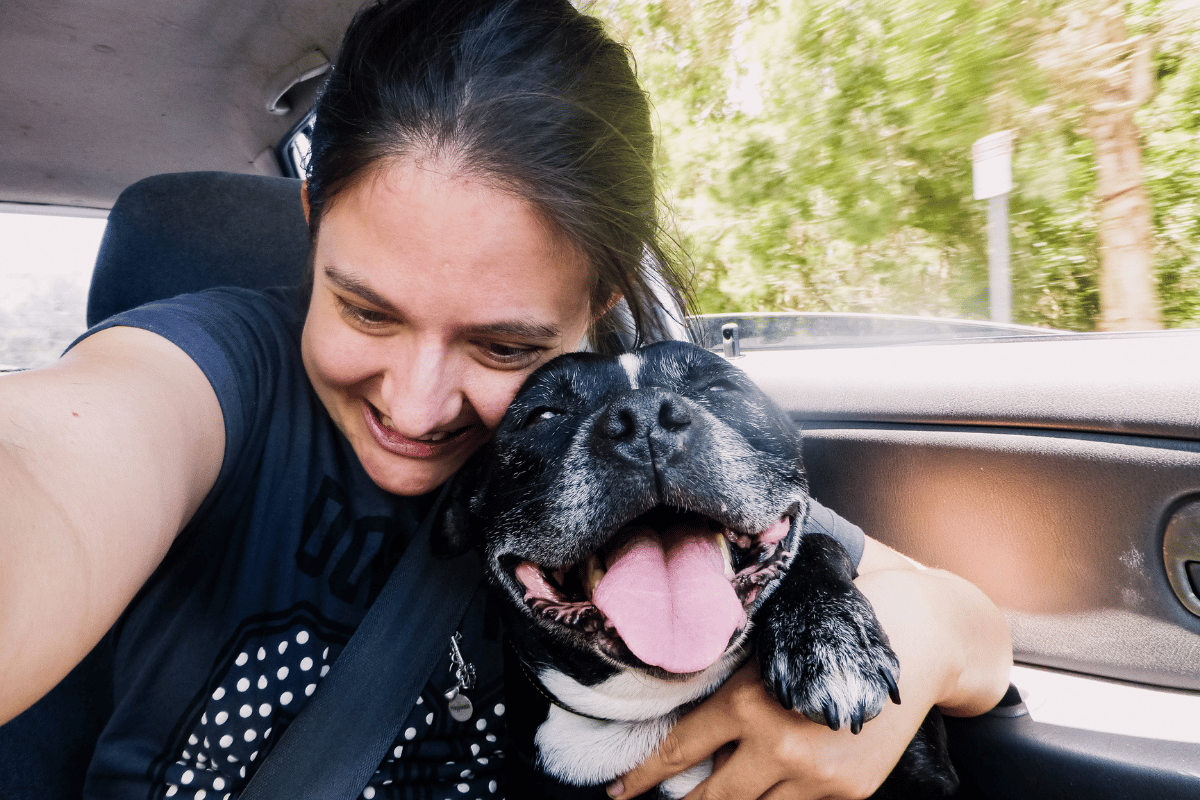
There's something to be said about the depth of our connection to our pets.
We're not just talking about dogs wearing the occasional Halloween costume or getting a treat for sitting. We're talking about dog birthday parties, gourmet meals and even dog therapy.
In 2023, dog strollers outsold baby strollers in Korea, a statistic that has their government worried about the dropping birth and fertility rates.
In fact, many countries are grappling with low birth rates, and in places like China, pet ownership is also climbing as birth rates decline.
In 2019, 61.2 million Chinese residents owned nearly 100 million pets, an 8.4 per cent jump from 2018. Similar patterns have emerged in Japan and Mexico, where rising consumerism around pets and pet accessories reflects the shift in how people are viewing and caring for their animals.
Pets are increasingly seen as family, providing companionship, friendship and unconditional love. For many childfree families, pets are treated like children. In fact, a recent survey of over 2,000 Australians found that nearly two-thirds of dog and cat owners now treat their pets like a family member.
But how far would you go for your pets?
Mamamia's twice daily news podcast The Quicky sat down with dog mum Ainsley, who lives in Sydney's inner west. Her bulldog Edie is the light of her life, and she has spent years working with dog behaviouralists to better understand what our furry friends need.

